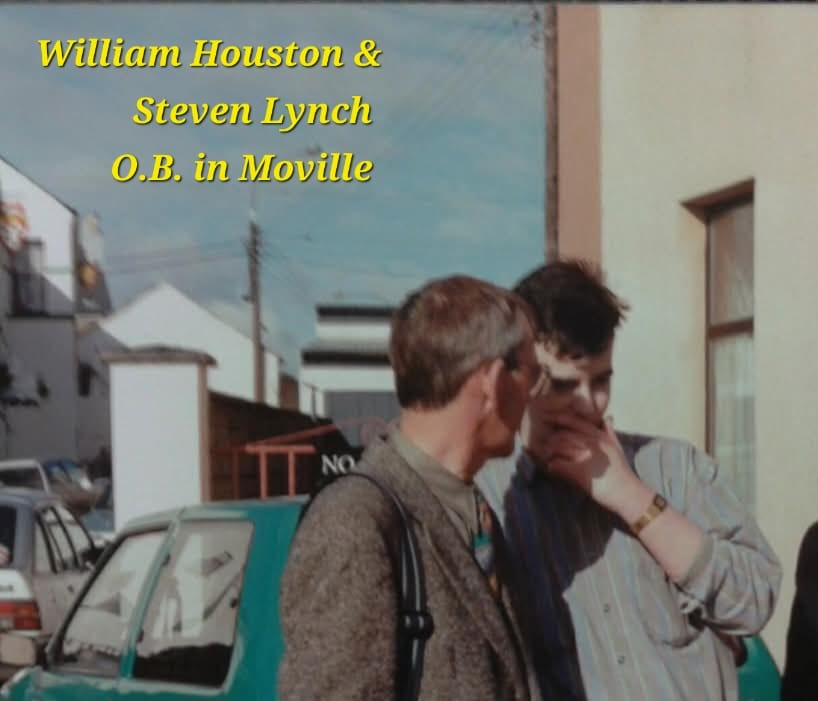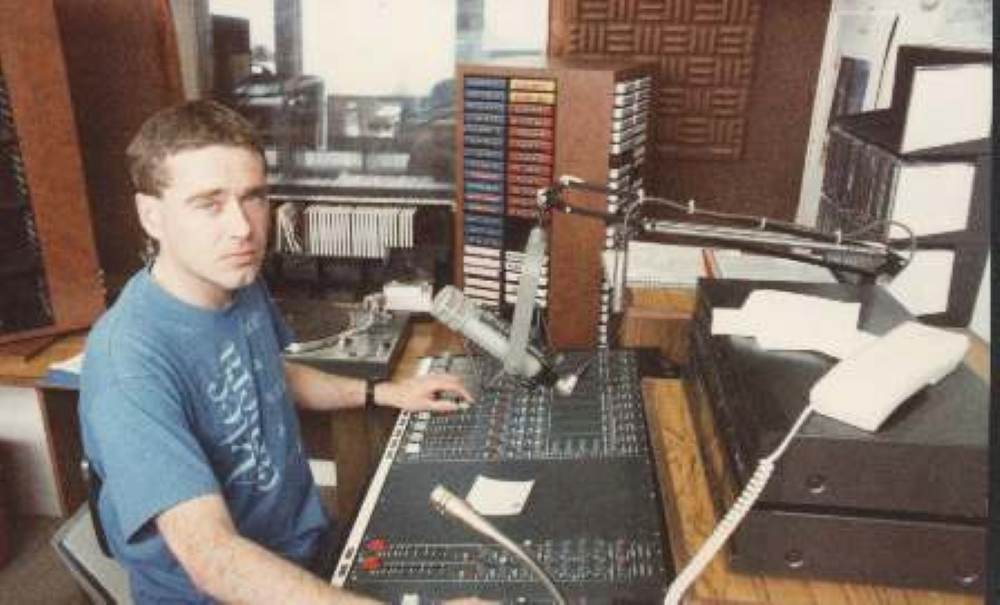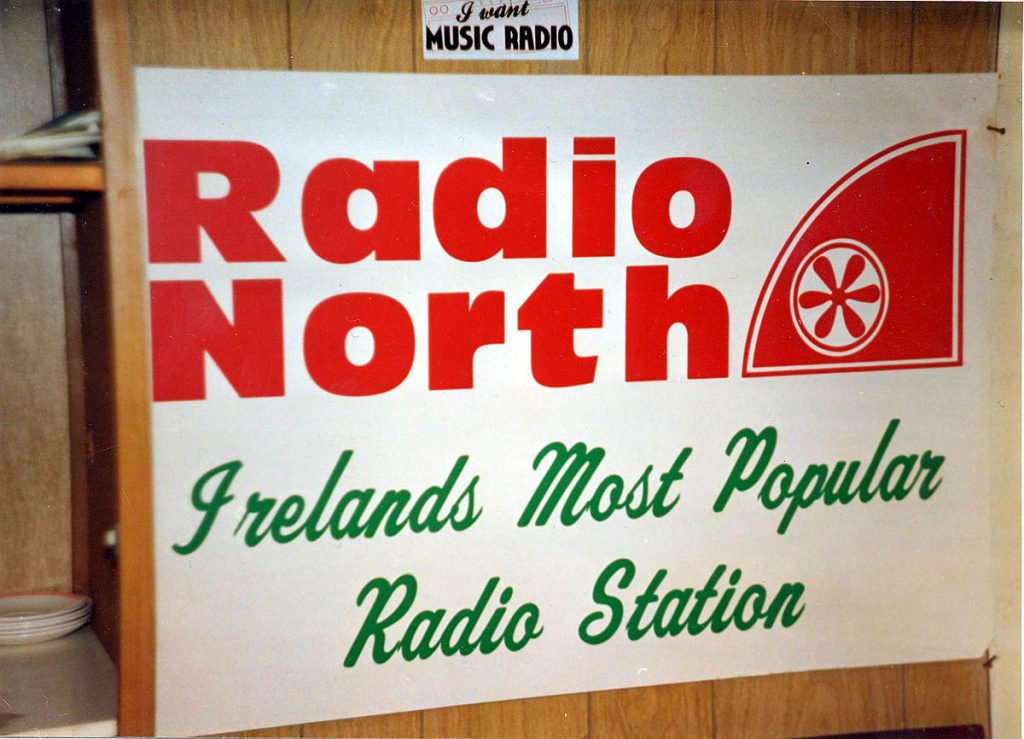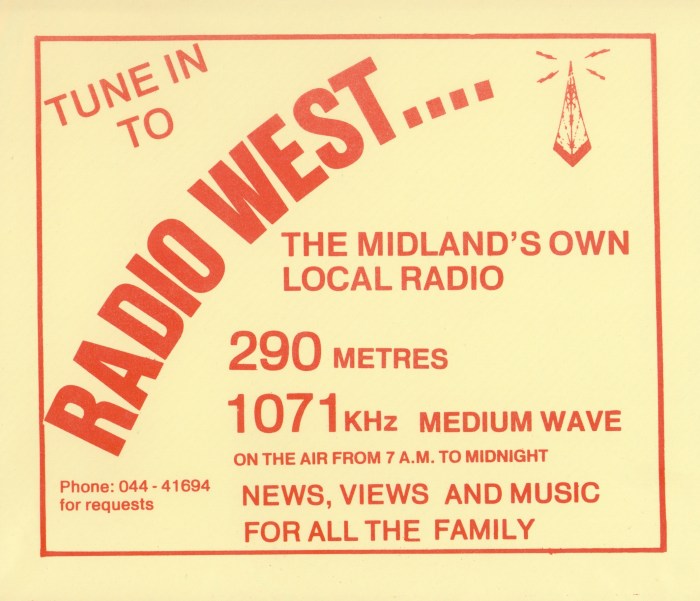Podcast: Play in new window | Download

Radio North 2000 was a shortlived rebranding of the Donegal pirate Radio North as it approached the millennium. The name change was implemented after the station was taken over by Paul Barnett (RIP), who previously ran another Donegal pirate WABC, and American Mike Dobbins (RIP). The format moved away from the previous Irish country music diet and was replaced by American country, oldies and some contemporary. One DJ, Steven Lynch, recalls being unhappy with the new name as it was not clear what the station would be called once the year 2000 arrived. It later reverted to the original Radio North after the departure of Mike Dobbins.
This recording of Radio North 2000 features an unidentified DJ signing off at the end of her evening show, followed by continuous music interspersed with plenty of station liners and adverts, some of which are voiced by Paul Barnett. The music consists of pop and chart hits with some oldies.
The tape was made in Scotland by Ken Baird from 846 kHz AM on 16th May 1998 from 1942-2112 and is courtesy of Ian Biggar. Thanks to Steven Lynch for background information.




